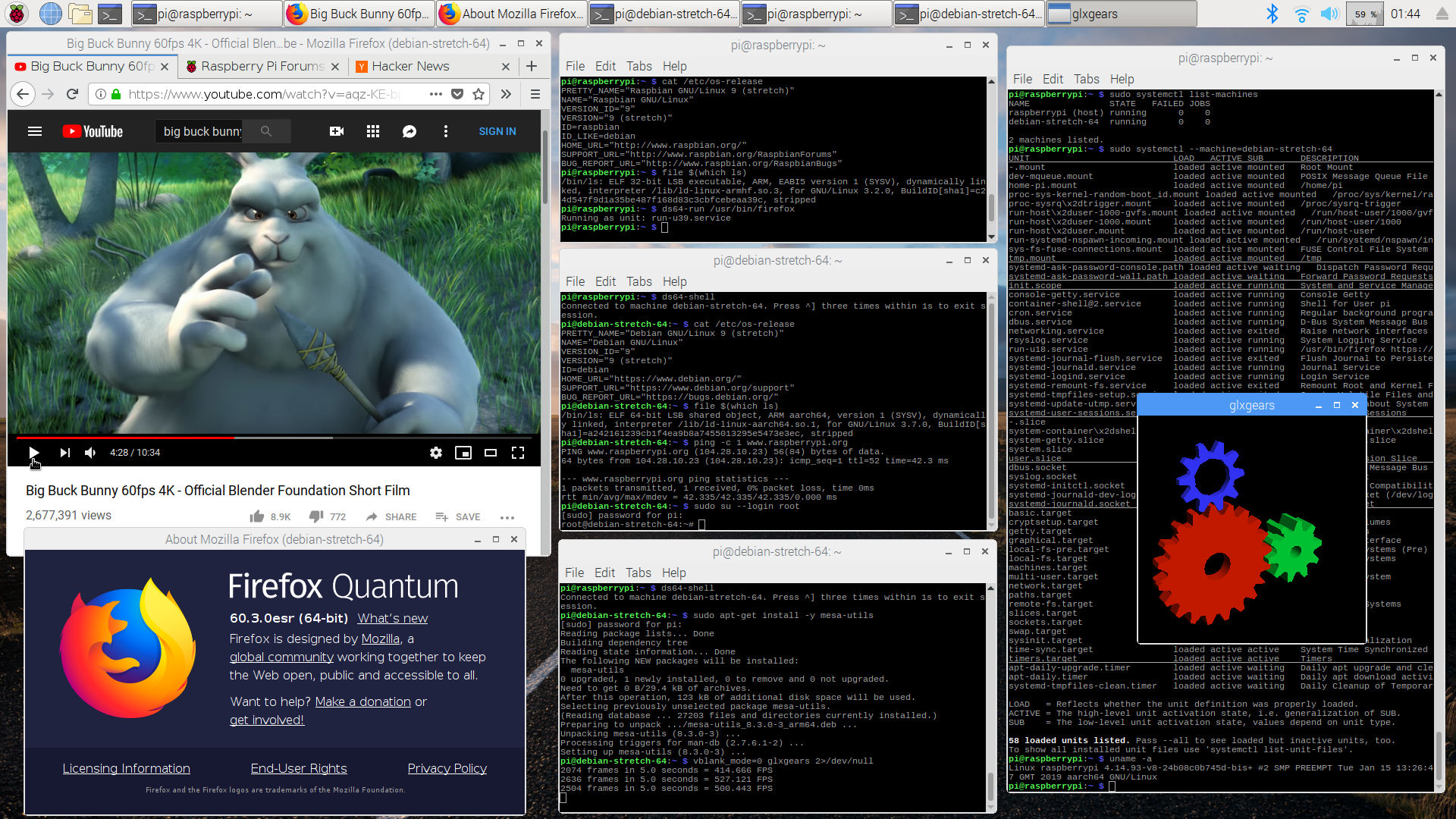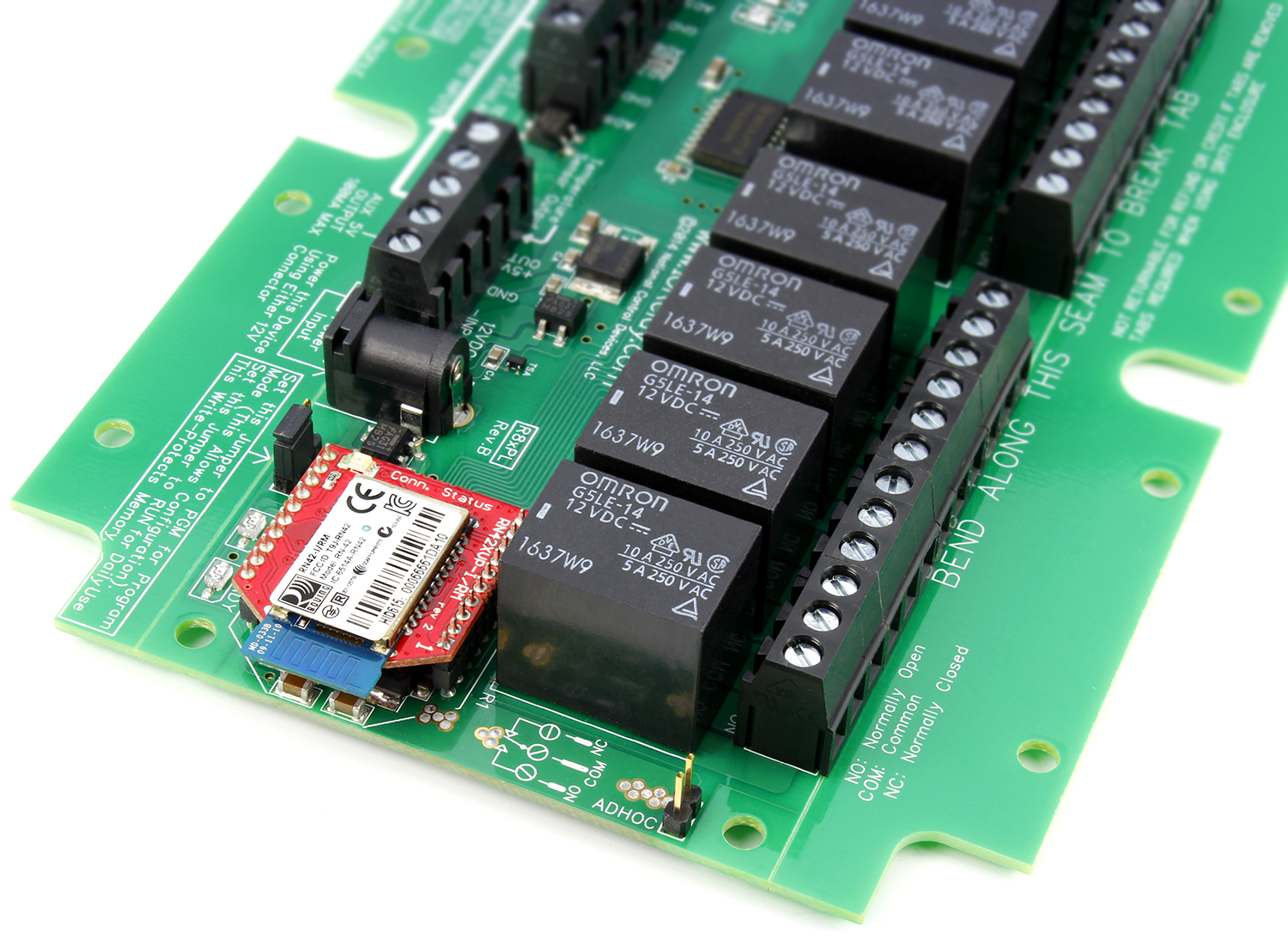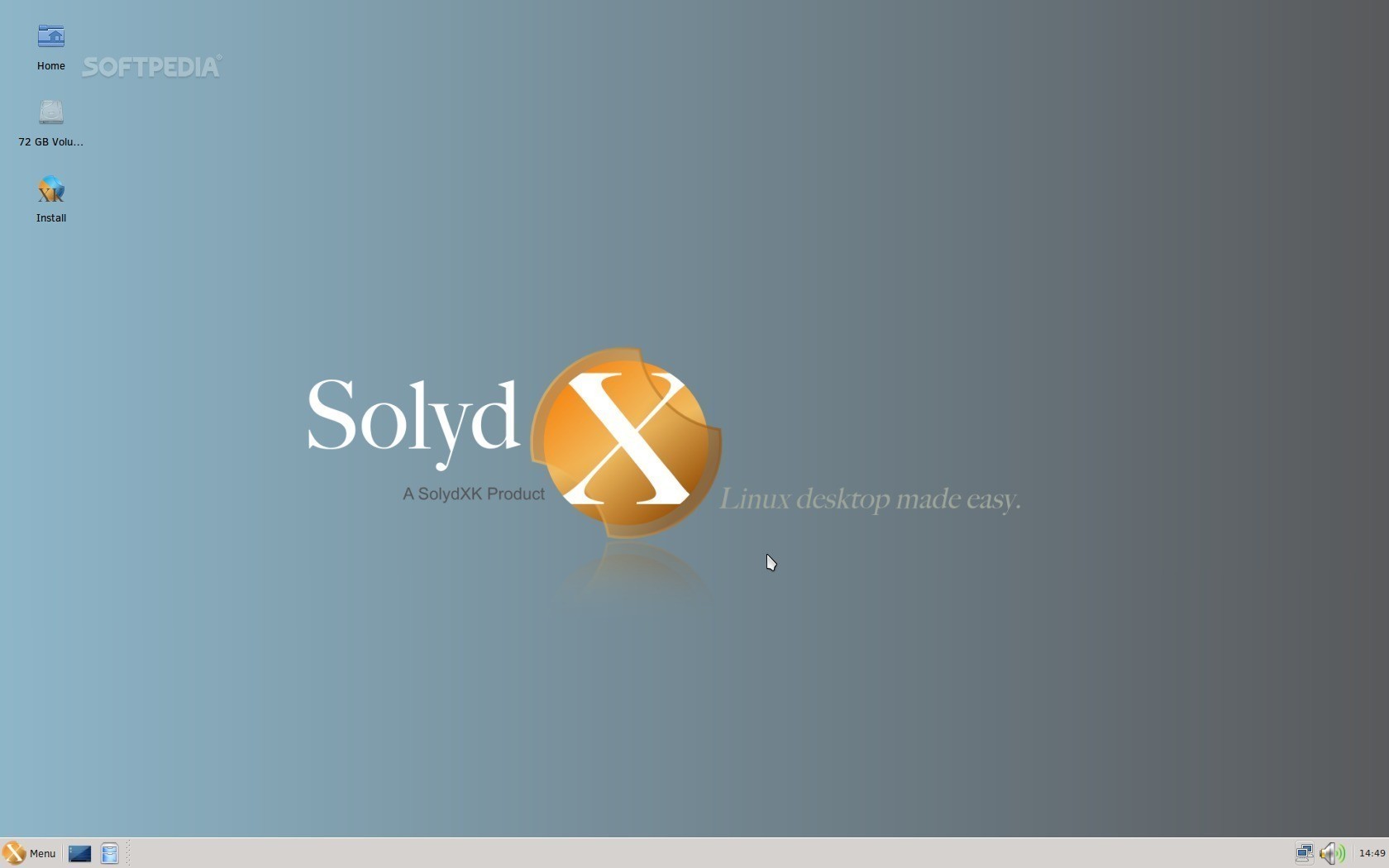- Firefox Raspberry Pi Os
- Firefox Raspberry Pi Install
- Raspberry Pi Os Firefox
- Firefox Raspberry Pi 3
- Firefox On Raspian
- Install Firefox on Raspberry Pi On Raspberry Pi devices, the widely used and officially recommended operating system is Raspbian. Raspbian is based on Debian GNU/Linux. On Raspbian, the default web browser is Chromium.
- There’s no optimizations applied by Raspbian to Firefox. And there’s lots of sticking points using Firefox on the RPI4. For example, using Firefox to surf the web interferes with video playback. Watching a video on VLC is disrupted by scrolling a web page in Firefox.
Best Web Browser for Raspberry Pi 3 – A Quick Guide
 Jessica Ward
Jessica WardWe always get stuck up with hundreds of options available to choose from. Whether it be a car, a gadget, or a tool. Technology confuses the human mind every single day. Well, it goes the same for choosing a Raspberry Pi web browser. What if you have the best of the Raspberry Pi kits, but don’t know which browser is perfect for it? There are tons of free Web browsers available on the internet that are really good to use. But, we literally don’t have an idea which one to go for. It’s tough time making a final decision when all the other software or tools are built with edge-to-edge features.
This works for me on Raspberry Pi headless: Installation: sudo apt-get install python-pip iceweasel xvfb sudo pip install pyvirtualdisplay selenium Code: from selenium import webdriver from pyvirtualdisplay import Display display = Display(visible=0, size=(800, 600)) display.start driver = webdriver.Firefox. Firefox is not installed by default on Raspberry Pi OS. But it is available in the official package repository of Raspberry Pi OS. So, you can install it very easily on your Raspberry Pi OS. First, update the APT package repository cache with the following command.
Don’t worry I won’t let you astray in this dark ocean of software.
Here, I will provide you some of the best browsers for Raspberry Pi starter kit.
If you get the perfect Raspberry Pi web browser, then it will help you to have faster loading time of the web pages and boost in performance. It consumes less CPU usage for doing tasks and offers better productivity & reliability.
So, let’s get to the list.
Best Raspberry Pi Web Browser
1. Kweb
Kweb offers some unique possibilities which you will not find in any other web browser.
- Kweb comes with the support to the Jpeg encoding and hardware accelerated video.
- It hardly crashes or freezes on heavy usage.
- There’s an optional mode of Kiosk is available that enables Kweb to run on a simple desktop environment.
- It helps to get the faster website loading time.
- It includes an omxPlayer to watch online videos in a simple GUI program.
Though it comes with the compatibility to JavaScript, HTML5, etc. it lacks in some features like the social-networking plugins and buttons. Till date, Kweb is one of the best lightweight Raspberry Pi web browsers available on the internet.
2. IceWeasel
IceWeasel is the Firefox based Raspbian browser which works on a Raspberry Pi 3. IceWeasel is more stable due to its usage of Gecko website rendering which is very reliable.
- It works with Debian Linux operating system.
- The UI of IceWeasel is similar to Firefox with some enhancements in privacy.
- You can also see online HD videos with the YouTube HTML5 video player.
It might not be the fastest browser available out there, but it’s one of the best and secure web browser which hardly crashes.
3. Web/Epiphany Browser
The Web which was previously known with the name of an Epiphany browser is a Webkit powered tab just like the Google Chrome. It’s a web browser for the GNOME desktop.
- Epiphany 3.2.4 has now given a new feature of setting your Homepage. You will now get a new Bookmark feature as well.
- It also has the features like tab windows, private window, HTML5, Javascript, bookmarking, etc.
- You will get high security and features like Insecure Password Form warning which will help you detect if your password is gobbled up.
- The Epiphany/Web loads websites like Yahoo, Reddit, and Twitter pretty fast.
I love Epiphany/Web browser because it has the best Video handling capacity compared to other browsers.
4. Midori
Midori is the lightweight free web browser which is selected as the default browser for Raspbian. Also, it has an inbuilt privacy tool, which has certain features like script disabling, third-party cookie blocking. It also has an integrated ad blocker, and cookie manager installed.
- The launch speed of Midori is on par than Google Chromium.
- Midori is just a small program of 56,882 lines of code, but it can still do wonders and supports many of the most popular parts of the web.
- It can open websites like Yahoo, Google, and Twitter pretty quickly and you can also scroll down the pages smoothly. It is reliable and does not freeze or crash a lot.
I love Midori because of its simple User Interface. You get options like the menu bar, title bar, bookmark bar, and also the best part is, you can hide any of these bars to work according to your convenience.
On the down side of Midori, there are some additional plugins like Visual effects and animations in the user interface which can slow it down.
Firefox Raspberry Pi Os
5. NetSurf
NetSurf is another from the list of lightweight plugins which runs on the RISC OS. It was launched twelve years ago.
- It’s now available for all the Operating Systems like Mac OS X, Windows, and the official Raspberry Pi Raspbian.
- Almost all the websites will look alike as you see on the Mac but, on the downside, we have to keep in mind that it lacks the support of Javascript.
NetSurf is very fast to use, but again we have to remember it has some basic functionalities missing.

Concluding Thoughts
All the browsers as mentioned above are great to use. Note that all have their own pros and cons and that is what makes them unique from the others.
I hope you learned something new today from this article.
Let me know in the comments section which browser among the above mentioned will you prefer and install on your Raspberry Pi?
Peace.
Firefox maker Mozilla has launched a new, open standard for IoT and smart homes called Project Things. Mozilla announced that Project Things 'makes it easy for anyone with a Raspberry Pi to build their own Things Gateway [to control any kind of smart device] directly from the web.'
Mozilla Project Things
We asked Ben Francis, Mozilla software engineer, for more detail. 'The Things Gateway is designed to bridge existing smart home protocols and devices to the 'Web of Things' using 'adapters',” he says, to add extra wireless protocols to the Raspberry Pi.
Ben confirms, 'The latest version has built-in adapters for the Zigbee and Z-Wave protocols [as well as] adaptor add-ons for devices from brands like Philips and TP-Link… we’re calling on the community to help us build a whole directory of add-ons.'
Many smart home devices use Zigbee or Z-Wave to minimise power draw. However, as few smartphones have Zigbee or Z-Wave hardware, smart home apps have to relay information via a physical hub unit. These hubs tend to be proprietary, closed 'black boxes' - even worse, you might need one for your lights, another for your heating system, and yet another for your multi-room speakers.
Firefox Raspberry Pi Install
Ben says that Project Things aims to 'standardise web technologies as a common layer', thus consolidating the need for hubs into one open-source, customisable and upgradable, Pi-powered unit.
Project Things: IoT Beyond the black box
Any smart device should be compatible with a Things Gateway, as Ben clarifies: 'Our goal is not to create a proprietary Mozilla IoT platform, but rather help to build a World Wide Web of things, much like the World Wide Web of pages you can browse with Firefox.'
Ben expounds that by 'using the Web Thing Description format and Web Thing API we’re contributing towards standardising through the World Wide Web Consortium (W3C).'

Interestingly, given Mozilla's web-based background, Ben confirms that 'the rules engine built into the Things Gateway runs locally on the home network'. Further, 'Mozilla provides a secure tunnelling service to make it safe and easy to access the gateway over the internet.'
Raspberry Pi Os Firefox
Ben adds that 'working towards royalty free IoT standards, with multiple competing implementations, should help to drive down the certification and licensing costs, [both for hardware devices and] the software needed to connect them together.'
Firefox Raspberry Pi 3

Firefox On Raspian
The Project Things GitHub page is live on GitHub and you can start making your Things Gateway at iot.mozilla.org. Mozilla recommends a Raspberry Pi 3, and a few USB dongles to add support for Zigbee and Z-Wave.
